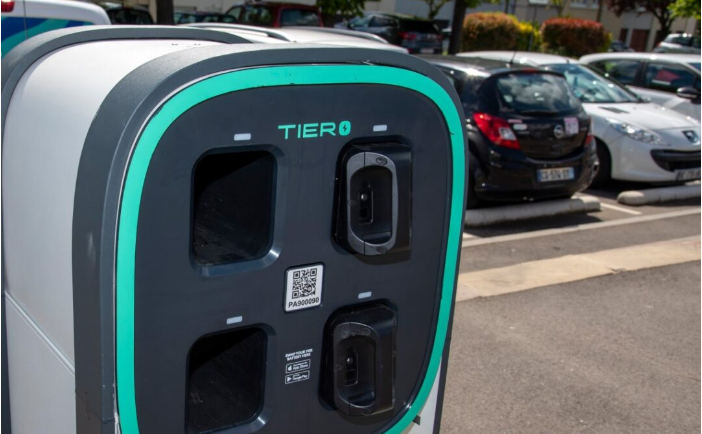
VP of Saint-Quentin-en-Yvelines on the challenge of implementing micromobility solutions in Paris
1029 days ago
2 minutes
Saint-Quentin-en-Yvelin is tackling the challenges of mircomobility with the guidance of The Local Mobility Plan (LMP), adopted in 2014. This has led to launching a new service of shared e-scooters, restructuring over 90 bus lines, bike rental, and the first 100% autonomous public transport line.
Their main 6 points of the LMP are:
- Making public transport more attractive
- Promoting active travel modes
- Changing automobile traffic
- Setting up a parking policy at the agglomeration level
- Better organising the flow of goods
- Effective communication and information for all users
Jean-Baptiste Hamonic is the Vice-President of Saint-Quentin-en-Yvelines in charge of sustainable mobility.
“When it comes to mobility, new environmental objectives pose a major challenge for peri-urban areas, where the personal car has long guided choices of urban planning and shaped the lifestyles of inhabitants. In recent years, flexible, efficient and attractive “micro” mobility devices and services have rapidly developed across the world, predominantly in dense urban centers, thanks to three factors: digital technology and innovation in electric charging; public policies aimed at a better share of public space; and the COVID-19 health crisis we are currently experiencing.
“Personal Light Electric Vehicles” – such as electronic kick scooters and other small electric vehicles – constitute new solutions that do better to address the diversity of mobility needs. They have also proven to be effective in addressing the problem of the first/last kilometre in combination with public transportation. However, although micro-mobility has contributed significantly to the transformation of the urban landscape, particularly in dense city centres, the peri-urban area is where the challenge remains.
These territories are often caught in a dilemma – finding sustainable mobility solutions that ensure a quality public service to the greatest number of people versus consuming too many resources. To reduce the dependency on private car usage, mobility solutions have long remained limited in terms of operational and financial performance and flexibility for travellers in peri-urban areas. But the increase of solutions over the past ten years (shared mobility, electric mobility, micro-mobility, etc.) offers new perspectives to public actors.”
Read the full article here.
Source: https://www.autonomy.paris/en/the-business-of-mobility/sqy-paris-scooter-mobility/

LEVA EU
Campaign success
Lorem ipsum dolor sit amet, consectetur adipisicing elit, sed do eiusmod tempor incididunt ut labore et dolore magna aliqua.
Member profile
Lorem ipsum dolor sit amet, consectetur adipisicing elit, sed do eiusmod tempor incididunt ut labore et dolore magna aliqua.